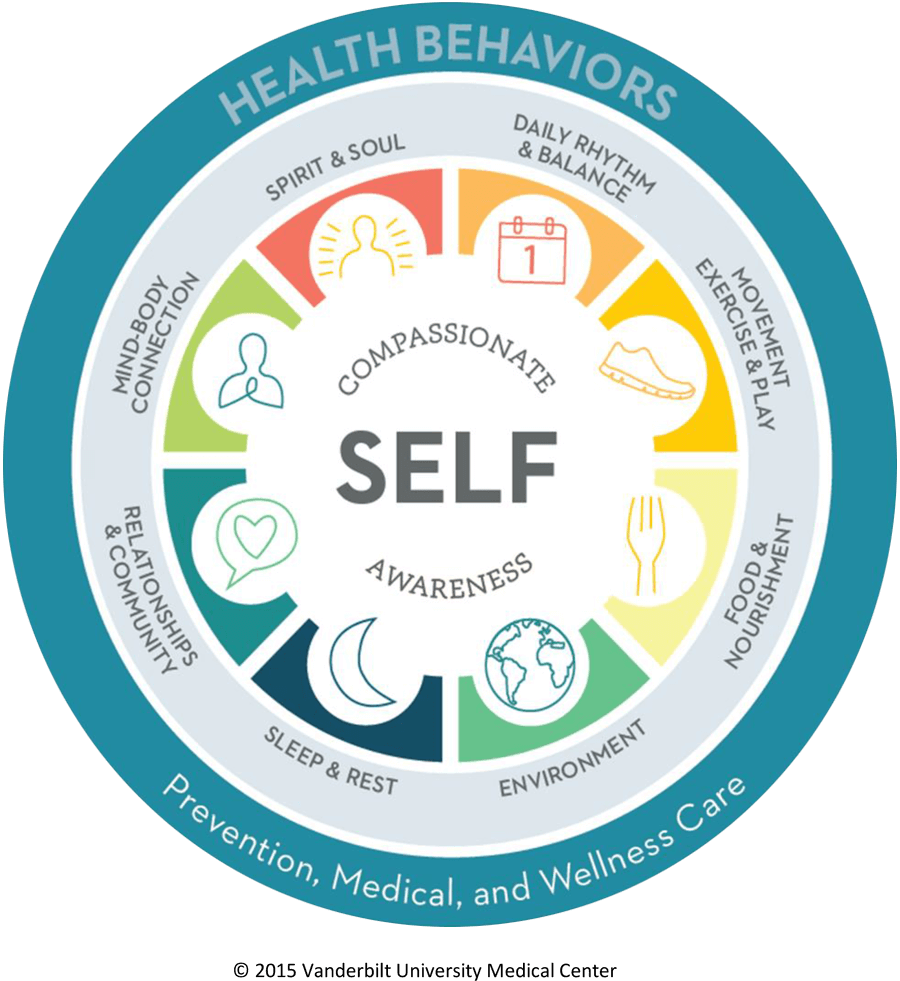The ideal candidates for opioid dependency treatment with buprenorphine:
- Have been objectively diagnosed with an opioid dependency
- Are willing to follow safety precautions for the treatment
- Have been cleared of any health conflicts with using buprenorphine
- Have reviewed other treatment options before agreeing to buprenorphine treatment
Before buprenorphine treatment begins, policies and procedures should be in place to guarantee patient privacy and the confidentiality of personally identifiable health information. Under the Confidentiality Regulation, 42 Code of Federal Regulations (CFR) 2, information relating to substance use and alcohol treatment must be handled with a higher degree of confidentiality than other medical information.
Buprenorphine treatment happens in three phases:
- The Induction Phase is the medically monitored startup of buprenorphine treatment performed in a qualified physician’s office or certified OTP using approved buprenorphine products. The medication is administered when a person with an opioid dependency has abstained from using opioids for 12 to 24 hours and is in the early stages of opioid withdrawal. It is important to note that buprenorphine can bring on acute withdrawal for patents who are not in the early stages of withdrawal and who have other opioids in their bloodstream.
- The Stabilization Phase begins after a patient has discontinued or greatly reduced their misuse of the problem drug, no longer has cravings, and experiences few, if any, side effects. The buprenorphine dose may need to be adjusted during this phase. Because of the long-acting agent of buprenorphine, once patients have been stabilized, they can sometimes switch to alternate-day dosing instead of dosing every day.
- The Maintenance Phase occurs when a patient is doing well on a steady dose of buprenorphine. The length of time of the maintenance phase is tailored to each patient and could be indefinite. People can engage in further treatment—with or without MAT—to prevent a possible relapse.
Treatment of opioid dependency with buprenorphine is most effective in combination with counseling services, which can include different forms of behavioral therapy and self-help programs.

